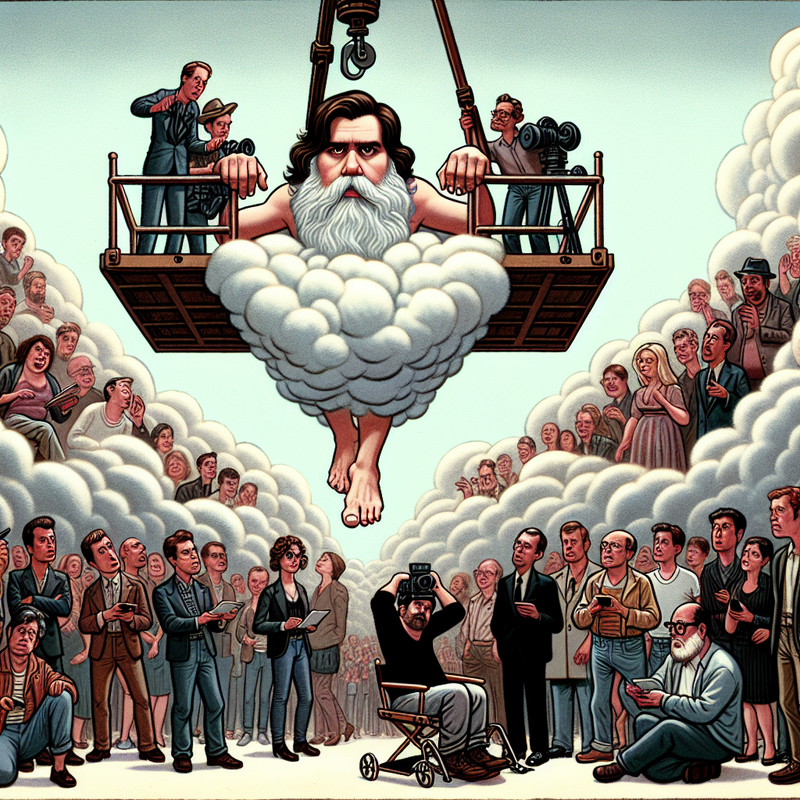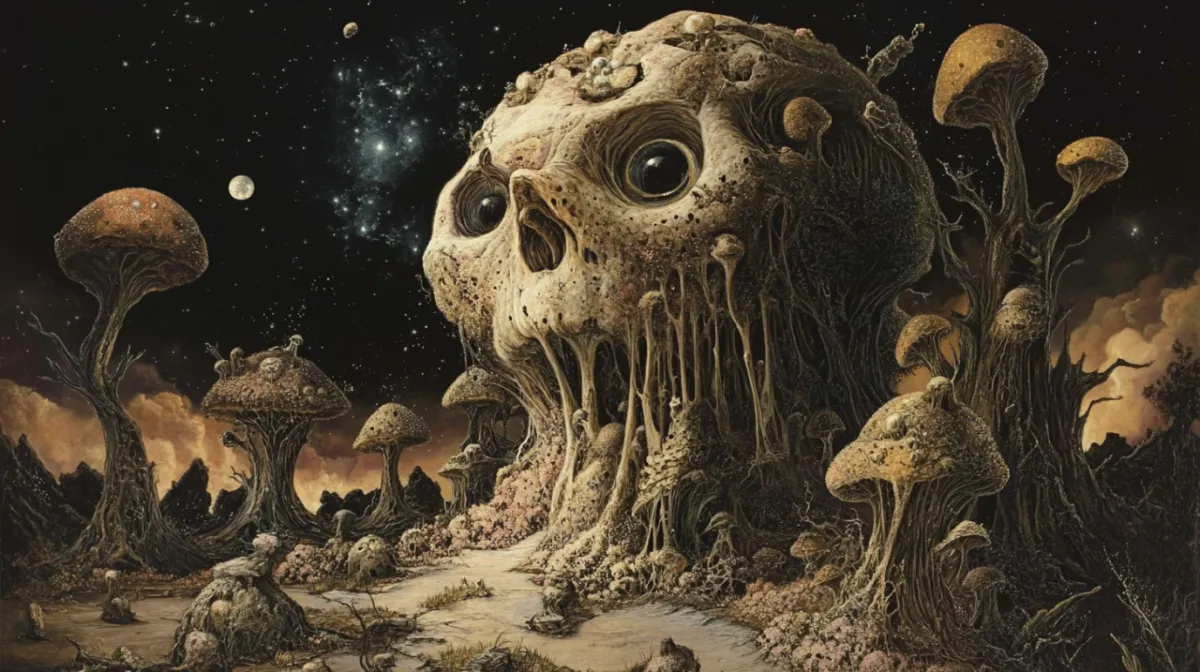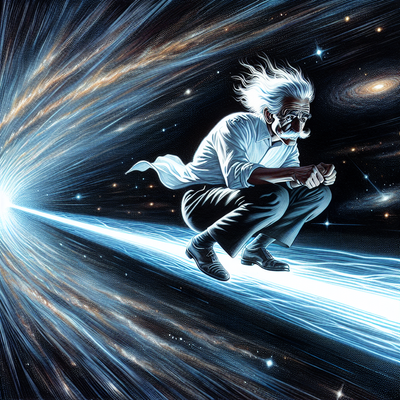The Deus Ex Machina is a plot device that has been around since ancient Greek tragedy, where a god or goddess would be lowered onto the stage by a machine to resolve the conflict or problems of the story. This term, which is Latin for "God from the Machine," has been used to describe a plot twist or resolution that comes out of nowhere, often feeling contrived, convenient, or unearned.
As writer and director, Robert McKee, notes, "The Deus Ex Machina is a plot device that is both lazy and dishonest." This is because it undermines the story's credibility and consistency, making it feel like a cop-out or a cheat. For example, in the movie "Armageddon" (1998), the character of Harry Stamper, played by Bruce Willis, saves the world from a massive asteroid by drilling into it and planting a nuclear bomb. However, just as the bomb is about to detonate, Stamper realizes that he has forgotten to set the timer, but miraculously, the bomb goes off anyway, saving the world. This is a classic example of a Deus Ex Machina, where a convenient and unexplained event resolves the conflict.
Another famous example of a Deus Ex Machina is the movie "War of the Worlds" (2005), where the alien invasion is suddenly and inexplicably stopped by a common cold virus. As the character of Ray Ferrier, played by Tom Cruise, notes, "Is it possible that they're not immune to our diseases?" This is a Deus Ex Machina because it is an unexplained and convenient event that resolves the conflict without any setup or foreshadowing.
In his book "The Writer's Journey: Mythic Structure for Writers," Christopher Vogler notes that the Deus Ex Machina is often used to resolve a plot that has become too complex or difficult to resolve in a satisfying way. However, this can be frustrating for the audience, who may feel that the story has been manipulated or resolved unfairly.
To avoid the Deus Ex Machina, writers and creators should strive to set up and foreshadow plot twists and resolutions, creating a consistent and logical story world. As writer and director, J.J. Abrams, notes, "The key to a good plot twist is to make it both surprising and inevitable." This is because a good plot twist should be surprising, but also make sense in retrospect, feeling earned and satisfying.
In the movie "The Sixth Sense" (1999), the plot twist is both surprising and inevitable, feeling earned and satisfying. The twist, which reveals that the character of Malcolm Crowe, played by Bruce Willis, is actually a ghost, is set up throughout the movie, making it feel both surprising and inevitable.
The Deus Ex Machina is a plot device that should be avoided in storytelling. It undermines the story's credibility and consistency, making it feel like a cop-out or a cheat. By setting up and foreshadowing plot twists and resolutions, creating a consistent and logical story world, writers and creators can avoid the Deus Ex Machina and create a more engaging, satisfying, and believable story. As writer and director, Alfred Hitchcock, once noted, "The greatest trick of the writer is to make the reader believe that the story is inevitable."
S.P.S. = Stupid Plot Solution

For my articles in this series, visit or bookmark the following;
Brent Antonson: Where Extraordinary Recall Sparks Insight.








